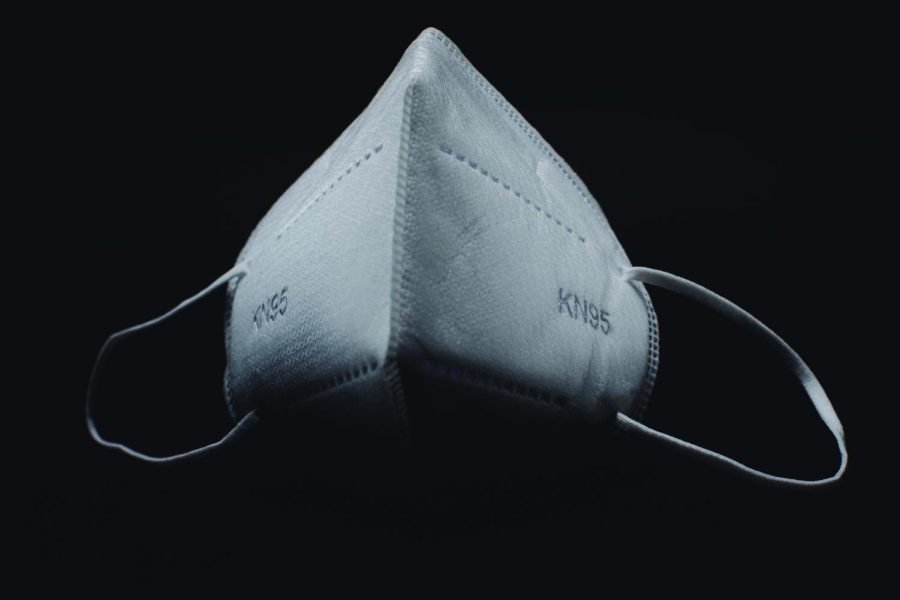Medical-grade masks now required for faculty and staff, recommended for students
Photo illustration by Taylor Arthur.
February 7, 2022
CSUN’s health and safety guidelines on mask requirements have changed in response to the rapid spread of the Omicron COVID-19 variant.
As of Jan. 5, cloth masks must be replaced by surgical, KN95 or N95 masks for faculty and staff. Students are strongly recommended to upgrade from their cloth masks as well.
Faculty and staff will be provided medical or procedural masks through their department’s designated COVID-19 coordinator.
KN95 masks have straps around the ears, while N95 masks are more secure by having straps around the head.
Students received an email from Matadors Forward on Jan. 27 saying that cloth masks are no longer recommended, and that medical and procedural masks are now the preferred choice. According to the email, this change is because of the new requirements for masks as directed by the Los Angeles County Department of Public Health. Masks must have three layers minimum, a nose wire, and should allow for breathing with minimal restrictions.
The layering and its protection is one of the most important reasons why the change in mask requirements is happening.
According to an article written by Tracie Tung, a family and consumer sciences professor at CSUN, there is an explanation for how effective each layer of a mask is against the virus.
An effective mask should have at least four layers. The outer layer is designed to repel water and block dust, the middle layer offers pathogen filtration, while the third layer absorbs moisture. Finally, the metal strip at the top of the mask enhances fit to create a good seal.
N95 masks can filter 95% of particles as small as 0.3 microns, according to the CDC website. This kind of protection can filter out bacteria and viruses.
Tung claims that the effectiveness of cloth masks depends on the material.
“The higher the thread count, the better it will be at filtration,” Tung said. However, cloth masks with a higher thread count still won’t have the same protection layers as N95 masks.
Wei Cao, also a professor in CSUN’s family and consumer sciences department, explained that different cloth masks have varying levels of protection.
According to Cao, the efficacy of the cloth mask “depends on the fiber, yarn, fabric structure used in each individual layer of the mask, and the combination, dampness of the material, layers of the materials, travel velocities and distances of droplets and aerosols.”
Tung believes that the use of cloth masks became acceptable earlier in the pandemic because there was a shortage of higher quality masks, such as N95 or surgical masks.
To improve the accessibility of medical-grade masks, the Biden administration began distributing 400 million free N95 masks at pharmacies, community centers and other locations across the country earlier this week.
CSUN has not announced that they will be providing medical or procedural masks for students.
